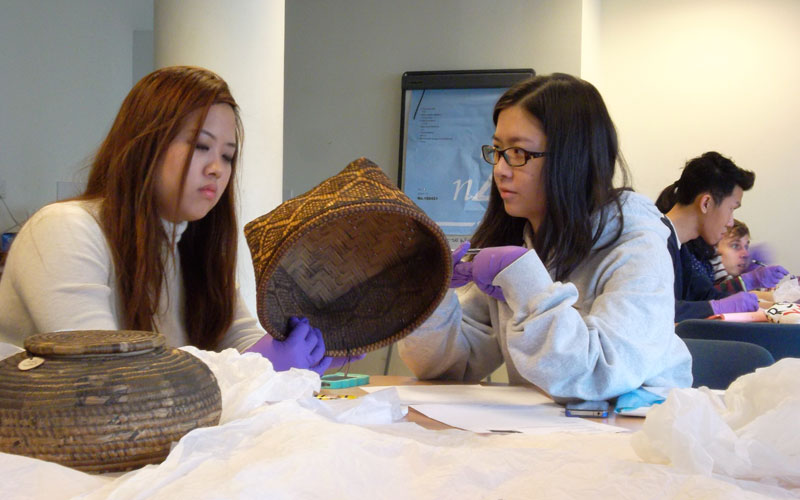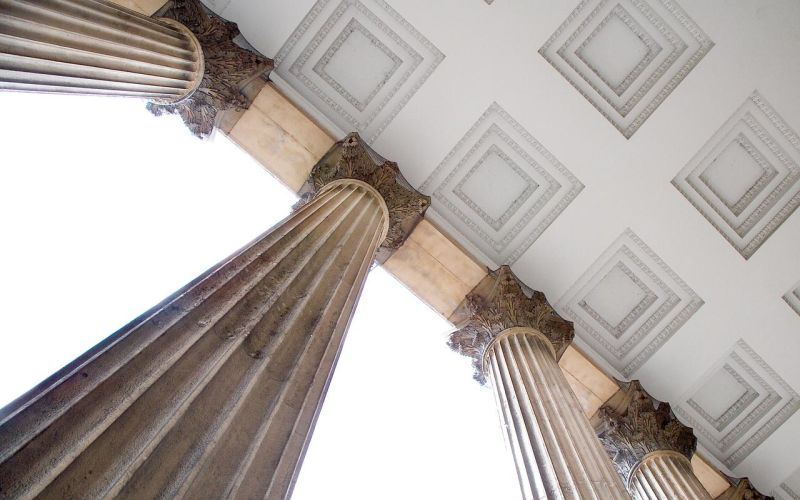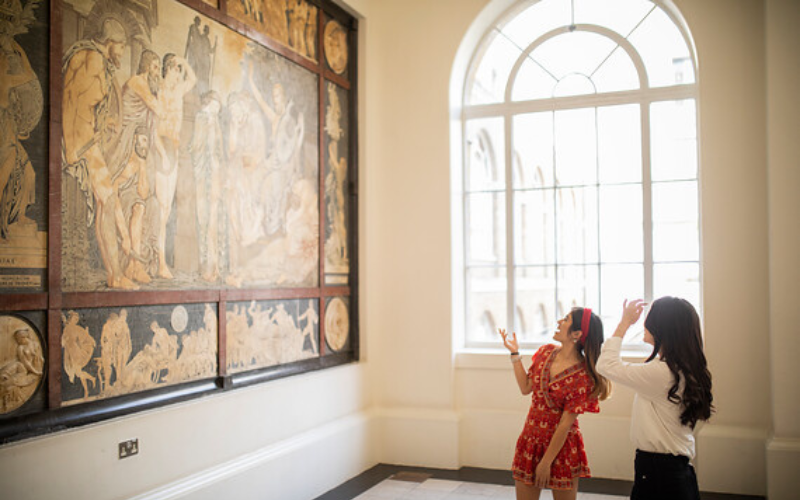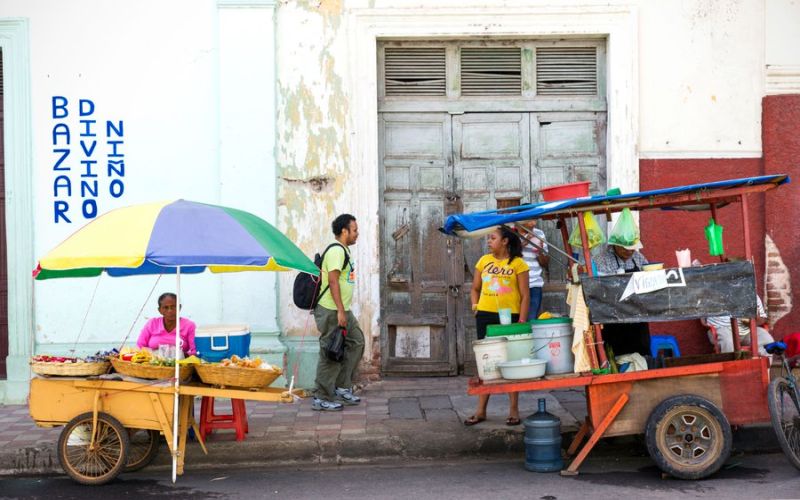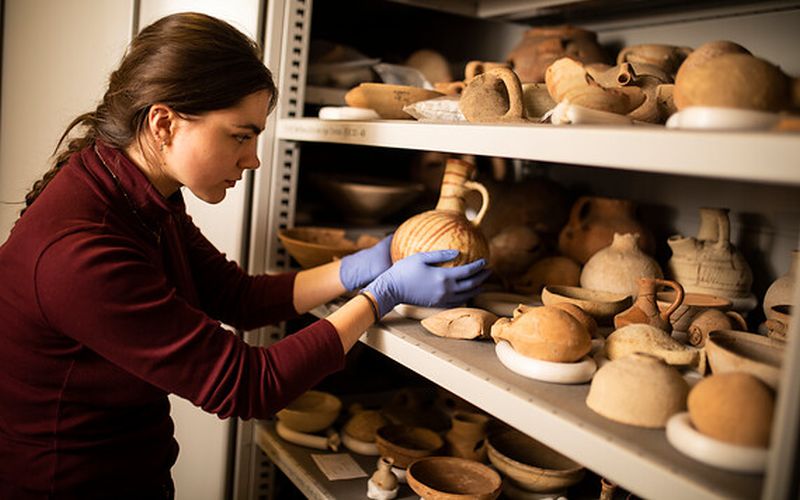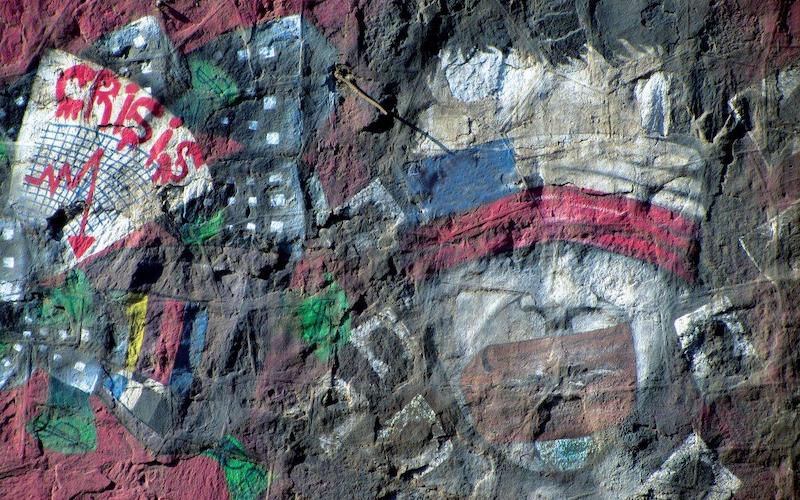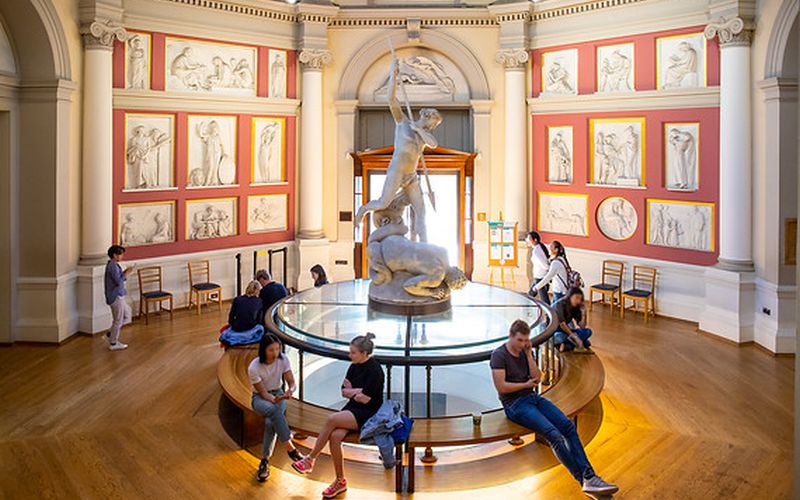Our Departments
Faculty initiatives

UCL Social Data Institute
The new Social Data Institute amplifies UCL’s advanced research and teaching in social data and methods.
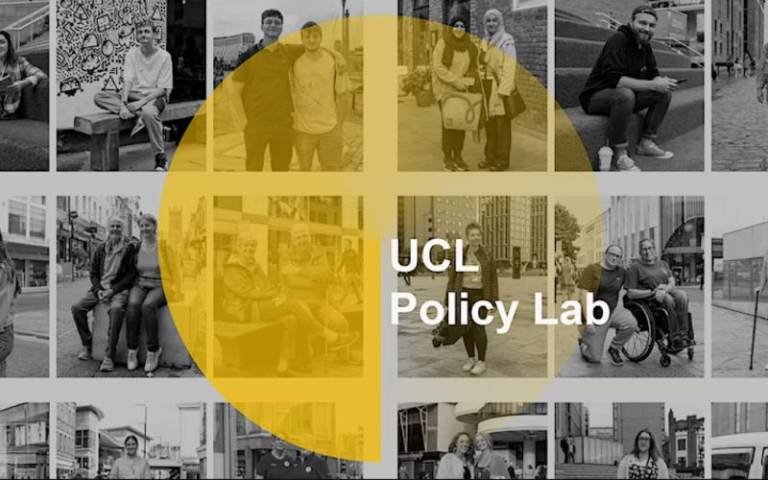
UCL Policy Lab
UCL has launched a new Policy Lab to transform debates on key policy issues through radical innovation and collaboration.
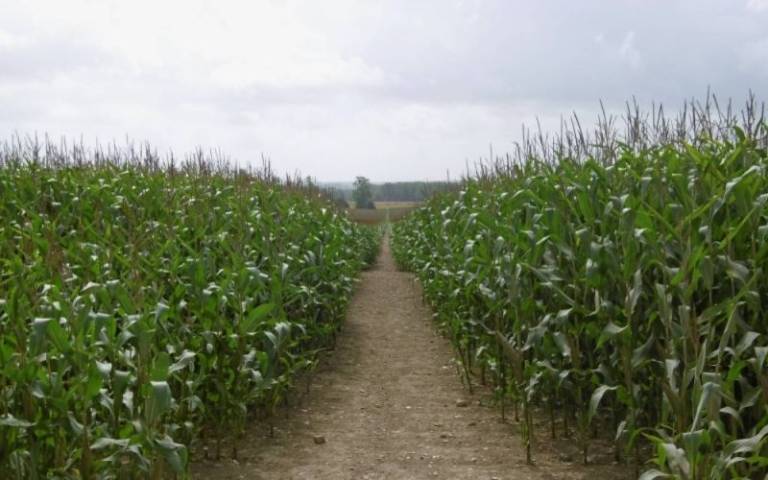
UCL Anthropocene
UCL Anthropocene brings together researchers from across disciplines to articulate and address the problems that the Anthropocene poses for our collective future.
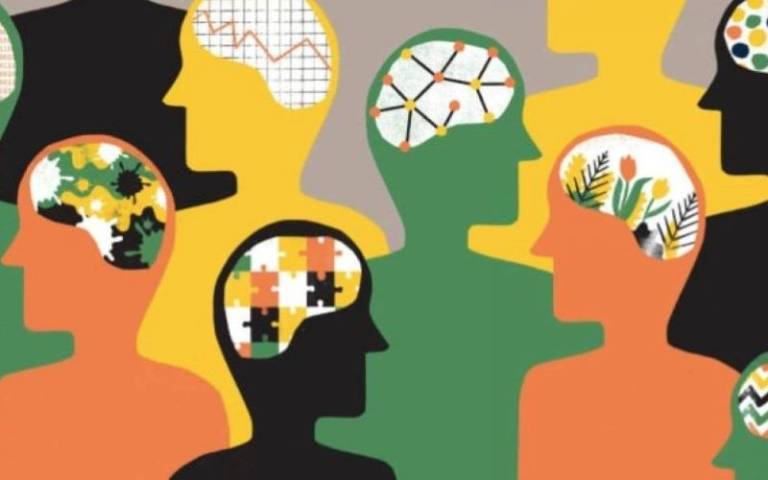
SHS Health, Mind and Society
The Health, Mind and Society initiative grows from work being carried out in the Faculty of Social and Historical Studies addressing the social, historical and cultural aspects of health.
About UCL Social & Historical Sciences
"Being a part of SHS is fundamentally about doing good research and education. I know colleagues get out of bed in the morning really compelled by important questions around climate change, inequality and sustainable development, among many others."
A short introduction to the UCL Faculty of Social & Historical Sciences from the Dean, Professor Jennifer Hudson.
 Close
Close


